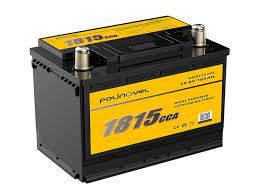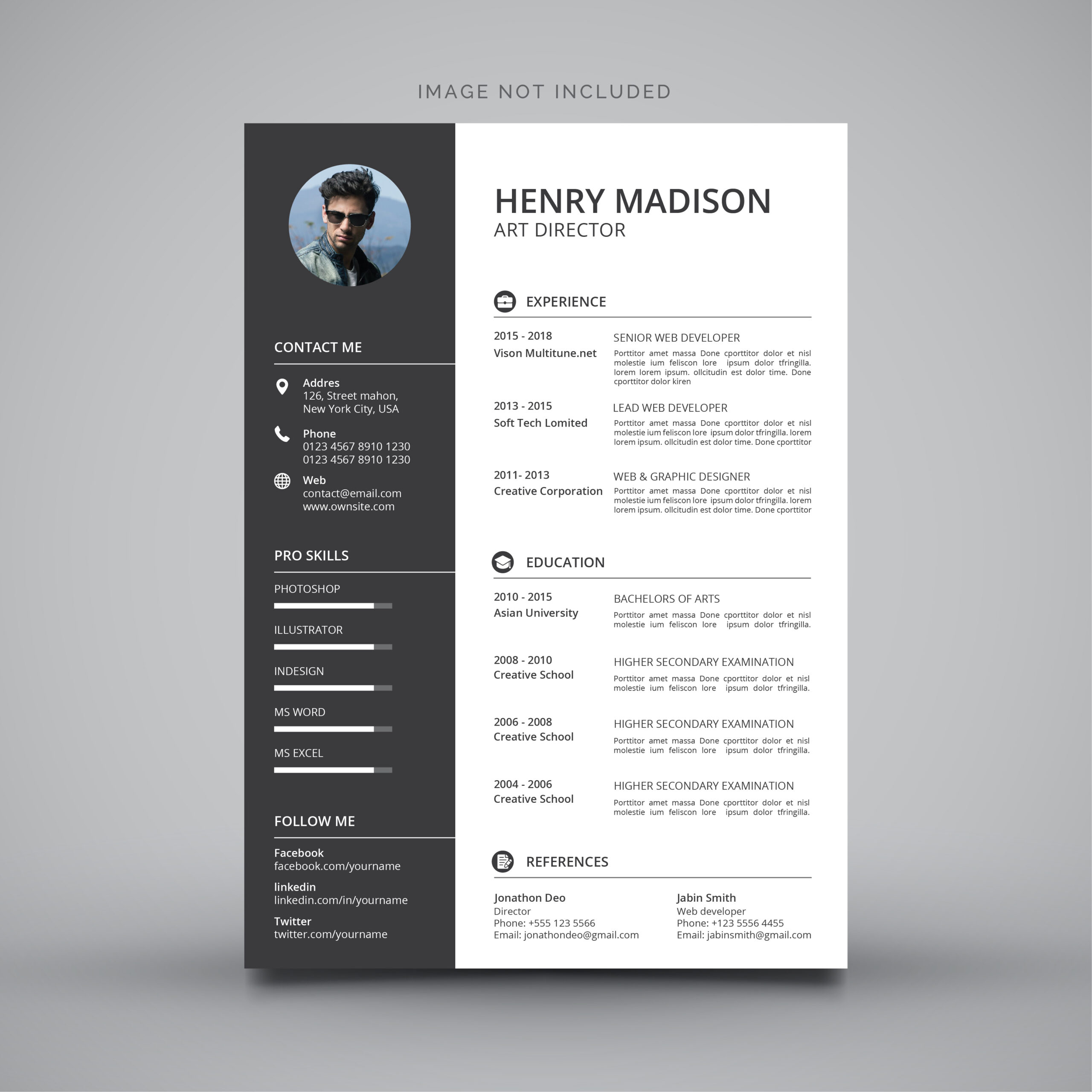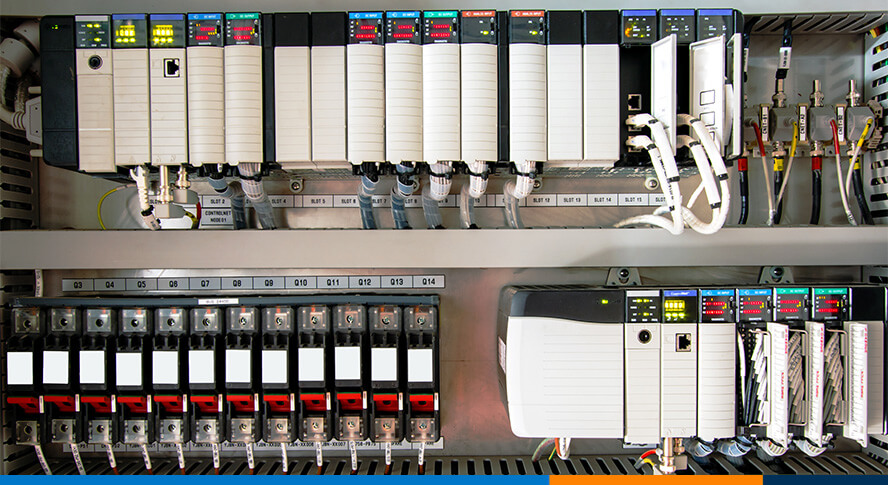What is a dewatering screen panel?

A dewatering screen panel is a crucial component of the dewatering screen, which is used to separate water from solids in various industries such as mining, construction, and waste management. Unlike traditional screens, dewatering screen panels are specifically designed to handle high volumes of moisture and solid materials efficiently. These panels are made from wear-resistant materials that can withstand the rigorous demands of continuous operation.
One important feature of a dewatering screen panel is its ability to optimize the performance of the dewatering process. The design of the panel allows for maximum drainage and minimal moisture retention on the surface. This ensures that the solids are effectively separated from the water, resulting in a more efficient dewatering process.
Furthermore, dewatering screen panels can be customized to meet specific requirements and conditions. Different sizes and shapes can be tailored to fit different types of machinery or applications. Additionally, there are various opening sizes available for these panels, which can further enhance their efficiency in separating different particle sizes.
In conclusion, a dewatering screen panel plays a crucial role in achieving effective separation of water and solids in industries that deal with high volumes of moisture and solid materials. Its optimized design allows for maximum drainage and minimum moisture retention on its surface. By customizing these panels according to specific requirements and conditions, their efficiency in separating different particle sizes can be further enhanced.
Function of dewatering screen panels
Dewatering screen panels play a crucial role in the process of dewatering various materials. These panels are specifically designed to remove excess moisture from solids, creating a dry and more manageable substance. While their function may seem simple, the level of efficiency and effectiveness that these screens provide is remarkable.
One important aspect of dewatering screen panels is their ability to reduce the moisture content of a material without sacrificing its quality. By quickly removing water or other liquids, these screens help prevent over-drying or under-drying, ensuring that the final product maintains its desired properties. This is particularly beneficial in industries such as mining, construction, and food processing where precise moisture control is essential for optimal performance.
Another significant function of dewatering screen panels is their ability to separate solid particles from liquids. With specially designed apertures or openings in the screen panel, smaller particles can pass through while larger ones are retained. This process not only helps improve overall product quality by removing impurities but also helps increase operational efficiency by minimizing downtime caused by clogs or blockages in downstream equipment.
In conclusion, dewatering screen panels are indispensable tools in achieving efficient moisture removal and solid-liquid separation. Their ability to deliver consistent results while preserving the integrity of materials makes them indispensable across various industries. With ongoing advancements and innovations in technology, we can expect further improvements in design and efficiency that will continue to enhance the functionality of these essential components.
Types of dewatering screen panels
Dewatering screen panels are essential components in the process of separating water from solids. But did you know that these panels come in various types, each with its own unique features? Let’s explore some of the different types of dewatering screen panels available in the market today.
The first type is the polyurethane dewatering screen panel, which is known for its durability and high wear resistance. These panels are ideal for applications that involve highly abrasive materials. They also offer excellent drainage properties, ensuring efficient water removal.
Another popular type is the wedge wire dewatering screen panel. Made from stainless steel, these panels have a curved surface with precision slots that allow effective liquid and solid separation. The wedge wire design provides high strength and optimal open area for improved throughput.
Lastly, we have rubber dewatering screen panels, which are known for their flexibility and noise reduction capabilities. These panels offer good abrasion resistance and can be easily installed on existing vibrating screens.
With this diverse range of options available, choosing the right type of dewatering screen panel depends on factors such as material characteristics, desired throughput, and specific application requirements. By understanding each type’s advantages and limitations, you can make an informed decision to optimize your dewatering process effectively.
Common industry applications for dewatering screen panels
Dewatering screen panels are an essential component in a wide range of industries. One of the most common applications for these polyurethane dewatering screen panels is in the mining industry. Mining operations often require large quantities of water to be removed from the minerals during the processing stage. Dewatering screen panels are used to separate solids from liquids, allowing for more efficient dewatering processes. By using these panels, mining companies can reduce their water usage and minimize waste.
Another industry that benefits greatly from dewatering screen panels is wastewater treatment. Municipalities and industrial facilities alike generate vast amounts of wastewater that needs to be treated before it can be discharged or reused. Dewatering screens play a crucial role in this process by removing solids from the wastewater, making it cleaner and easier to handle. With the use of dewatering screen panels, wastewater treatment plants can enhance their efficiency while ensuring compliance with environmental regulations.
In addition to mining and wastewater treatment, other industries such as food processing, chemical manufacturing, and construction also rely on dewatering screen panels for various applications. In food processing plants, these screens aid in separating solid residue from liquids such as juices or sauces. For chemical manufacturers, dewatering screens assist in drying out wet mass substances for further processing or packaging purposes. Construction sites utilize dewatering screens to remove excess water from excavated areas or prevent flooding during heavy rainfalls.
Overall, the versatility of dewatering screen panels makes them invaluable across multiple industries where efficient separation of solids and liquids is required.




